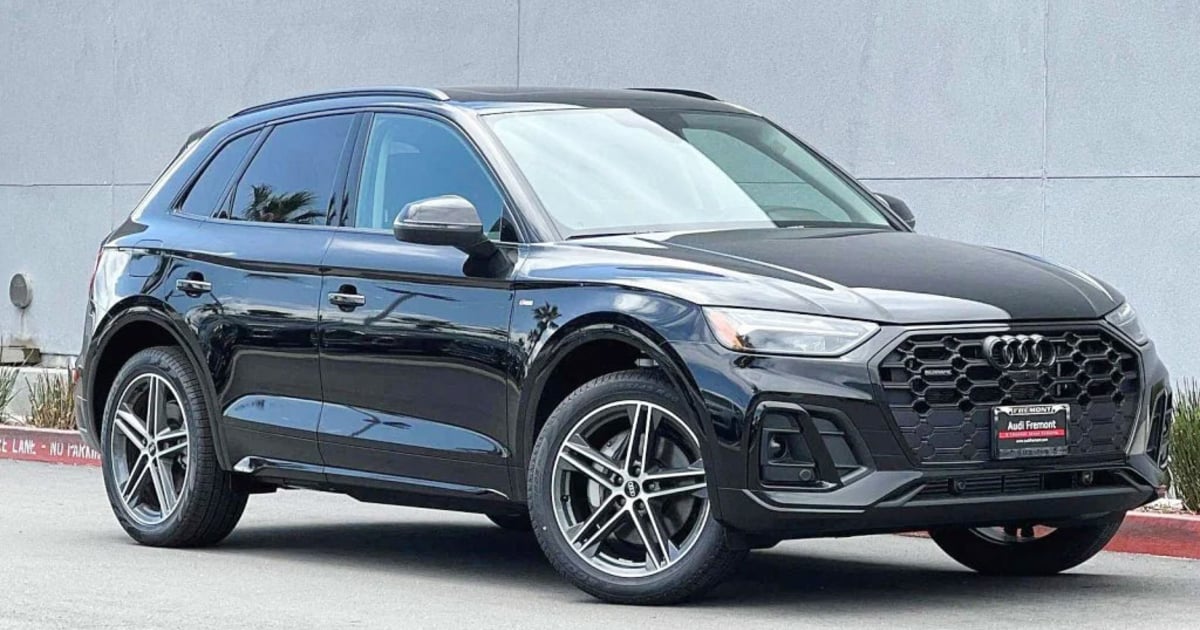
Volkswagen is committed to moving completely to electric vehicles by the mid-2030s, but until then, an interim step makes sense while the U.S. continues to build out charging infrastructure, the new head of the brand’s North American arm argues.
In an interview with Automotive News, Pablo Di Si, who is also in his first year as CEO of Volkswagen Group of America, said VW is looking hard at adding at least one plug-in hybrid to its U.S. lineup in the immediate future.
“It takes you a long time to develop a technology. If I wouldn’t have any plug-in hybrid in the group, it wouldn’t be an idea” worth pursuing, Di Si said this month. But because of Audi, it’s a possibility.
“When you’re talking Volkswagen Group in North America, we do have a plug-in hybrid: The [Audi] Q5 e, in Mexico, is a plug-in hybrid. I drove the car in Mexico; it’s beautiful, and the [plug-in hybrid] system works very well,” Di Si said. “So we do have plug-in hybrids in the group. We have the technology.”
The Q5 e — also known as the Q5 55 TFSI e — is a five-seat midsize crossover that now boasts a 17.9-kilowatt-hour battery, allowing it to travel up to 23 miles on a single charge. The Q5 e is assembled in Mexico and went on sale in the U.S. for the 2021 model year with a slightly smaller battery and less electric range than it now has. It currently features a combined 362 hp and 369 pound-feet of torque between its 2.0-liter four-cylinder engine and electric motor. It starts at $58,595 including shipping.
Di Si, who started the CEO job in September, said adding a similar plug-in hybrid for VW would be a “perfect transition” as the brand pivots away from internal combustion engines and toward an all-electric lineup — especially in the short term.
“Until Electrify America doubles up [its U.S. charging network] in 2025, I think it’s a perfect transition. And we have the technology,” Di Si said. “We have the systems, we have the engineering, the staff. [The Q5 e] works well, it drives well. It’s a great vehicle. And I’ve heard from a lot of customers over the last six months” expressing interest in a VW brand plug-in hybrid.
One question remains: Which vehicle is most likely to get a plug-in hybrid variant? Di Si wouldn’t say, nor would a spokesperson for the brand after the interview. However, given VW’s current sales — more than 90 percent of the brand’s first-quarter U.S. sales were crossovers — and its future product plan, the Tiguan or the Atlas would best fit the bill, with the Tiguan edging ahead in speculation only because of its product cycle, which has it due for a redesign in 2025.
Excerpts from Automotive News’ interview with Di Si will be published this month as part of the Talk From the Top series.